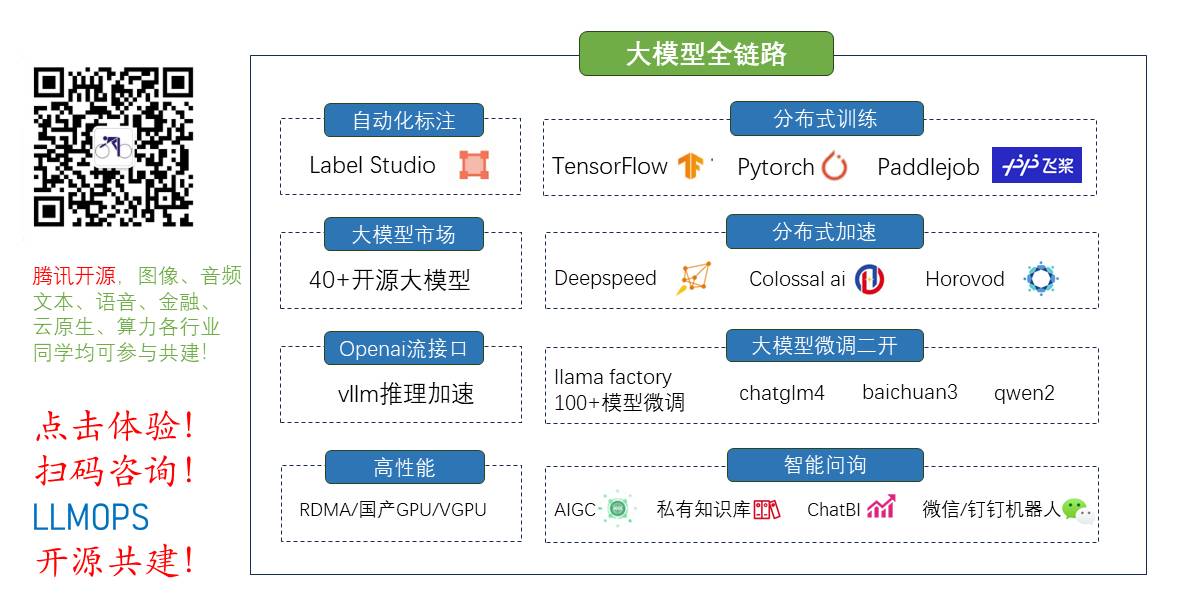
全栈工程师开发手册 (作者:栾鹏)
python教程全解
python爬虫案例——csdn数据采集
通过python实现csdn页面的内容采集是相对来说比较容易的,因为csdn不需要登陆,不需要cookie,也不需要设置header
本案例使用python实现csdn文章数据采集,获取我的博客下每篇文章的链接、标题、阅读数目。
需要安装BeautifulSoup包(点击下载)
python包的安装方法请参考Python库的安装与卸载
python3.6下
#coding:utf-8
#本实例用于获取指定用户csdn的文章名称、连接、阅读数目
import urllib
import re
from bs4 import BeautifulSoup
#csdn不需要登陆,也不需要cookie,也不需要设置header
print('=======================csdn数据挖掘==========================')
urlstr="http://blog.csdn.net/luanpeng825485697?viewmode=contents"
host = "http://blog.csdn.net/luanpeng825485697" #根目录
alllink=[urlstr] #所有需要遍历的网址
data={}
def getdata(html,reg): #从字符串中安装正则表达式获取值
pattern = re.compile(reg)
items = re.findall(pattern, html)
for item in items:
urlpath = urllib.parse.urljoin(urlstr,item[0]) #将相对地址,转化为绝对地址
if not hasattr(object, urlpath):
data[urlpath] = item
print(urlpath,' ', end=' ') #python3中end表示结尾符,这里不换行
print(item[2], ' ', end=' ')
print(item[1])
#根据一个网址获取相关连接并添加到集合中
def getlink(url,html):
soup = BeautifulSoup(html,'html5lib') #使用html5lib解析,所以需要提前安装好html5lib包
for tag in soup.find_all('a'): #从文档中找到所有<a>标签的内容
link = tag.get('href')
newurl = urllib.parse.urljoin(url, link) #在指定网址中的连接的绝对连接
if host not in newurl: # 如果是站外连接,则放弃
continue
if newurl in alllink: #不添加已经存在的网址
continue
if not "http://blog.csdn.net/luanpeng825485697/article/list" in newurl: #自定义添加一些链接限制
continue
# if not "http://blog.csdn.net/luanpeng825485697/article/category/7060771" in newurl: #必须是python类目下的列表
# continue
# if not "http://blog.csdn.net/luanpeng825485697/article/category/7060770" in newurl: # 必须是安卓类目下的列表
# continue
alllink.append(newurl) #将地址添加到链接集合中
#根据一个网址,获取该网址中符合指定正则表达式的内容
def craw(url):
try:
request = urllib.request.Request(url) #创建一个请求
response = urllib.request.urlopen(request) #获取响应
html = str(response.read(),'utf-8') #读取返回html源码,,python2里面读取的是字节数组
# reg = r'"link_title"><a href="(.*?)">\r\n(.*?)\n.*?</a>' #只匹配文章地址和名称
reg = r'"link_title"><a href="(.*?)">\r\n (.*?) \r\n.*?</a>[\s\S]*?阅读</a>\((.*?)\)</span>' # 匹配地址、名称、阅读数目
getdata(html,reg)
getlink(url,html)
except urllib.error.URLError as e:
if hasattr(e,"code"):
print(e.code)
if hasattr(e,"reason"):
print(e.reason)
for url in alllink:
craw(url)
python2.7下
#coding:utf-8
#本实例用于获取指定用户csdn的文章名称、连接、阅读数目
import urllib2
import re
from bs4 import BeautifulSoup
#csdn不需要登陆,也不需要cookie,也不需要设置header
print('=======================csdn数据挖掘==========================')
urlstr="http://blog.csdn.net/luanpeng825485697?viewmode=contents"
host = "http://blog.csdn.net/luanpeng825485697" #根目录
alllink=[urlstr] #所有需要遍历的网址
data={}
def getdata(html,reg): #从字符串中安装正则表达式获取值
pattern = re.compile(reg)
items = re.findall(pattern, html)
for item in items:
urlpath = urllib2.urlparse.urljoin(urlstr,item[0]) #将相对地址,转化为绝对地址
if not hasattr(object, urlpath):
data[urlpath] = item
print urlpath,' ', #print最后有个逗号,表示输出不换行
print item[2], ' ',
print item[1]
#根据一个网址获取相关连接并添加到集合中
def getlink(url,html):
soup = BeautifulSoup(html,'html.parser') #使用html5lib解析,所以需要提前安装好html5lib包
for tag in soup.find_all('a'): #从文档中找到所有<a>标签的内容
link = tag.get('href')
newurl = urllib2.urlparse.urljoin(url, link) #在指定网址中的连接的绝对连接
if host not in newurl: # 如果是站外连接,则放弃
continue
if newurl in alllink: #不添加已经存在的网址
continue
if not "http://blog.csdn.net/luanpeng825485697/article/list" in newurl: #自定义添加一些链接限制
continue
alllink.append(newurl) #将地址添加到链接集合中
#根据一个网址,获取该网址中符合指定正则表达式的内容
def craw(url):
try:
request = urllib2.Request(url) #创建一个请求
response = urllib2.urlopen(request) #获取响应
html = response.read() #读取返回html源码
# reg = r'"link_title"><a href="(.*?)">\r\n(.*?)\n.*?</a>' #只匹配文章地址和名称
reg = r'"link_title"><a href="(.*?)">\r\n (.*?) \r\n.*?</a>[\s\S]*?阅读</a>\((.*?)\)</span>' # 匹配地址、名称、阅读数目
getdata(html,reg)
getlink(url,html)
except urllib2.URLError, e:
if hasattr(e,"code"):
print e.code
if hasattr(e,"reason"):
print e.reason
for url in alllink:
craw(url)








 本文介绍了一种使用Python和BeautifulSoup库从CSDN博客抓取文章标题、链接及阅读数的方法,适用于Python 2.7和Python 3.6环境。通过分析网页结构和应用正则表达式,实现了对指定用户博客内容的有效抓取。
本文介绍了一种使用Python和BeautifulSoup库从CSDN博客抓取文章标题、链接及阅读数的方法,适用于Python 2.7和Python 3.6环境。通过分析网页结构和应用正则表达式,实现了对指定用户博客内容的有效抓取。

















 1682
1682

 被折叠的 条评论
为什么被折叠?
被折叠的 条评论
为什么被折叠?










